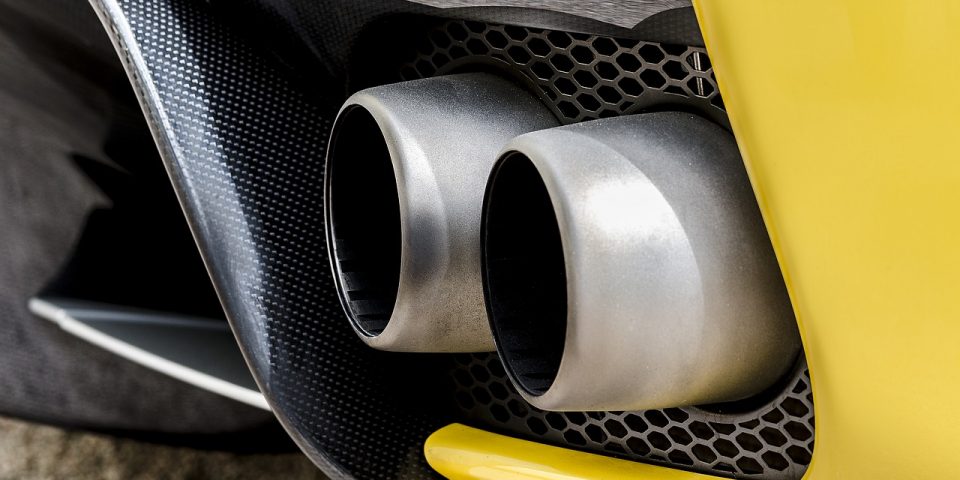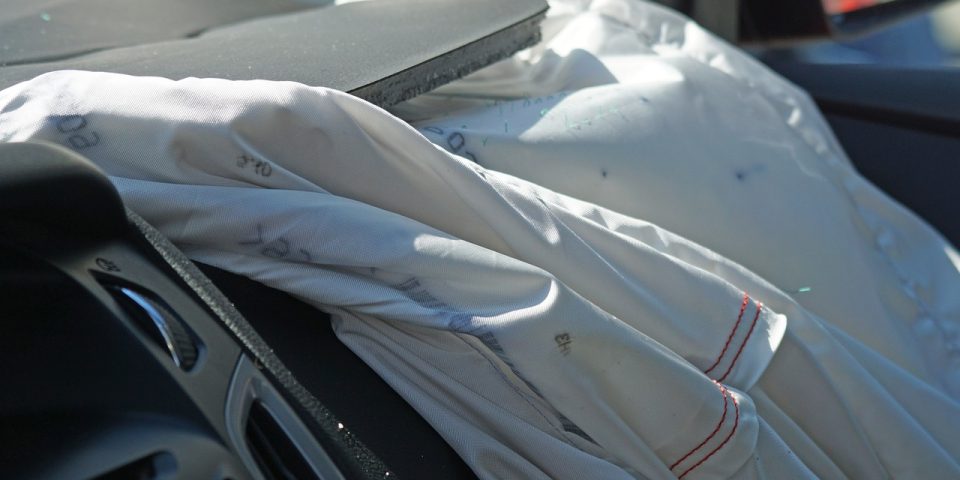Your car air conditioning system is composed of hoses, receiver dryer, compressor, evaporator, and most importantly, the condenser. If your condenser breaks down or malfunctions, expect that your AC will not generate cool air. If left unattended, this might also cause burning smell, and ultimately, an overheated car.
Seals and Tubes
The most common issue that might make your condenser malfunction is leakage of its seals and tubes. Basically, this is caused by basic wear and tear. In due time, if you are unlucky, this might happen. All you can do to prevent it is to make sure that no other things might damage them. On the other hand, in case that the tubes and seals start leaking, the only solution is to replace your entire condenser. Yep.
AC Condenser Replacement Price
The price of a new condenser varies from car to car. A price of a new AC condenser goes around $800 up to $1,000. Labor might cost you around $200 to $300. If additional parts are needed, you might need to add $400 to $500. A bit costly if you ask me, but again, the cost depends on your car.
Debris Another cause that might damage or inhibit your condenser to work properly is debris. If a metallic debris gets into your condenser, it can block the refrigerant circulation. Usually, this debris come from internal parts that broke down, which is, again, commonly caused by wear and tear. What is the solution for this one? Replacement of your AC condenser.
Some people try to vacuum out the debris and replace the refrigerant if no internal damage was caused.
Maintaining Your Condenser
The only thing you can do is to prevent your condenser from breaking down and getting damaged. You must prolong its life as much as possible. And you can do that by simply cleaning and inspecting it regularly.
To clean your condenser, you must know how to remove it from your car first. It might involve unhooking and some unbolting. Once removed, spray some degreaser on it. Let the degreaser works it magic for a few minutes. Once the grease and other sticky elements on your condenser soften a bit, start rinsing your condenser with water.
Some prefer blasting it with water, but some prefer gently using warm water to clean condenser. Either way, do whatever works for you. But if you want to stick with the safe side of things, we prefer you to do the latter. Also, do not forget to clean your condenser from side to side, back to front.
Another thing you can do is to get it maintained regularly. However, money wise, it might be much cheaper if you replace your condenser when it breaks down than getting it maintained regularly — maintenance costs quickly adds up, you know.


